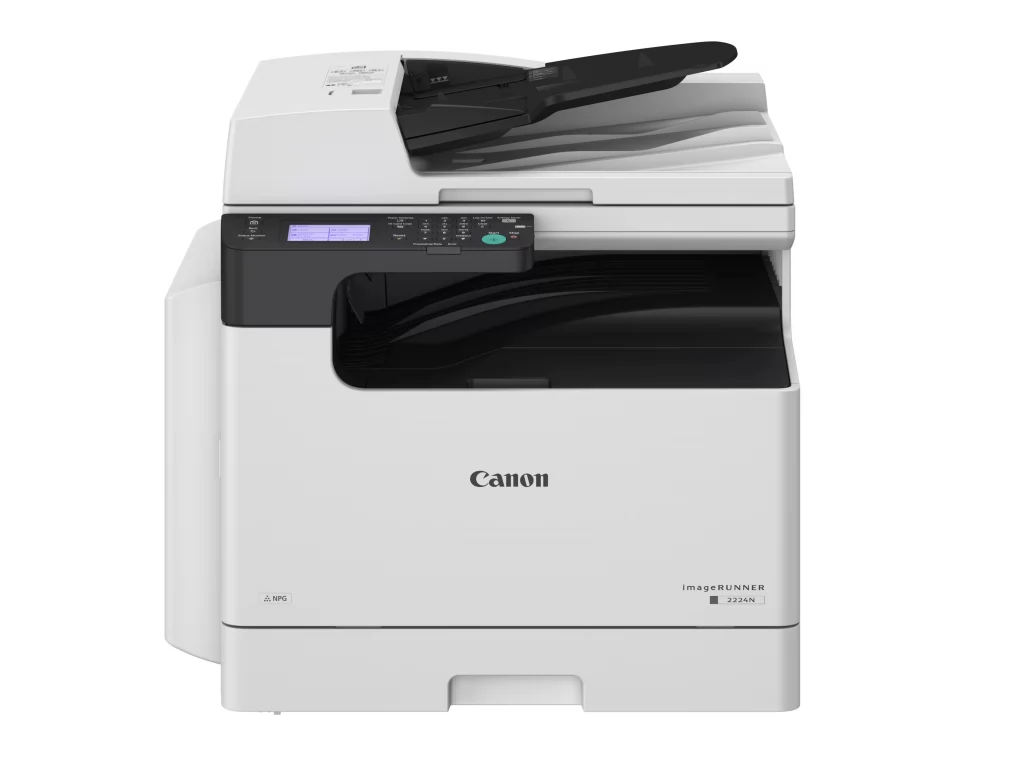Students who are seeking college degrees should choose only accredited institutions. Accrediting organizations independent of the government conduct thorough review of graduation requirements, curriculum and the qualifications of faculty members.
The process of accreditation typically includes a self-evaluation which is followed by a visit on site from a team of peers. The accrediting agency then decides whether the establishment meets their standards and lists the institution in a publication that is official.
The effect of college Accreditation on Careers
Accreditation can help you land the job you’ve always wanted. It is crucial to find out the accreditation of the college prior to you enroll. It is easy to get lost in the jargon and wind up with an unreliable certificate.
It is crucial to check CHEA’s database or that of the Department of Education to determine the school’s accredited prior to registering. You’ll get an idea of the quality and worth of your education. Some employers won’t accept the diploma of a non-accredited institution.
There are two major types of accreditation, both programmatic and institutional. The first kind of accreditation applies to the entire institution, which includes departments. The second type is for a particular level or course. There is a specialization in accreditation for specific fields of work, such as law or nursing. It is not required to attend a university that has regional accreditation for these fields. But, you may want to research whether your career choice needs you to attend one.

Accredited Colleges and Job Opportunities
Accreditation is a procedure that universities, colleges, and other educational institutions must go through to ensure they are meeting a set service and operation standards. Accreditation is required for educational institutions to be able to offer various forms of financial aid and receive recognition from other employers and schools. The United States Department of Education recognizes organizations that act as college accreditation providers and maintains a database of accredited institutions and programs.
The accreditation process involves a comprehensive examination of the entire institution which includes its faculty, administrative, and aspects for students. This involves a self study that examines the school’s academic resources as well as its mission and goals, faculty and student numbers and a variety of other elements. The most widely used institutional accrediting bodies include the Council for Higher Education Accreditation (CHEA) and the U.S. Department of Education (USDE).
Programmatic accrediting bodies focus on particular institutions within the institution, like individual schools of nursing or law or degrees offered by colleges. They are managed by accrediting bodies for professional specialties, in the belief that professionals who are experts in a particular area will be the most reliable judges of a program’s value. Accreditation of a program is usually a requirement for professional accreditation in fields like nursing or law and many employers will verify the accreditation of accredited institutions prior to hiring candidates.
Important to Accredit Degrees
It can be difficult to understand what accreditation is however it is essential when you are evaluating your educational options. The idea behind accreditation is that if a school is accredited, it means that it has been vetted and found to be of excellent standards for quality of education. This means that your degree is recognized as valid by employers, other schools to be considered for admissions, and by professional organizations in your sector.
To be recognized as accredited, it needs to undergo a thorough audit by the agency that grants the accreditation. This includes a site visit by representatives of the accrediting body in addition to an in-depth self-study report from the institution or college seeking the accreditation. The report is reviewed by a peer-review panel that typically consists of experts in the field and heads of other universities and colleges.
In the end, the accrediting body determines whether or not it will grant accreditation. Regional accrediting organizations are typically founded by traditional colleges and universities, and they have the ability to accredit a majority of higher education institutions within their regions. National accrediting agencies however, are often founded by professional associations and are focused on accrediting trade school or programs that focus on career development, as well as institutions that are based on faith.
This seal of approval appears on the website and on other forms like transcripts after the university or college is accredited. This seal of approval an indication to prospective students and to the general public that the college or university has met certain academic standards.
College and Employment Accreditation
Accredited colleges are able to prove that they have been through the quality testing and are committed towards excellence. Employers and other educational institutions will be aware that the institution you are attending is one that offers an excellent education and worthwhile experiences. This is also a good indicator that your education will be accepted by other schools, and it can make it easier for you to transfer your credits in the future, should you want to switch career paths.
Independent agencies conduct peer review and create criteria for accreditation. They also evaluate schools and programs that seek approval and a knockout post https://baoxinviec.shop/. They could send a group of experts to visit the college or university and review things such as curriculum, teaching methods as well as student support systems job placement post-graduation and the administrative structure and procedures. They then decide if accreditation will be granted or not. Once accredited, a school must adhere to the requirements of its degree program. They also have to submit to unannounced regular inspections.
Two kinds of accreditation are offered to colleges: programmatic and institutional. Accreditation for institutions is given to entire colleges, universities and educational institutions. It allows students attending these institutions to be eligible to receive financial aid from the federal government. A college can also get programmatic accreditation for specific degree programs within a specific subject. Certain companies and professional licensing organizations require graduates to have degrees from accredited schools, so this is an important factor in selecting the right college.

